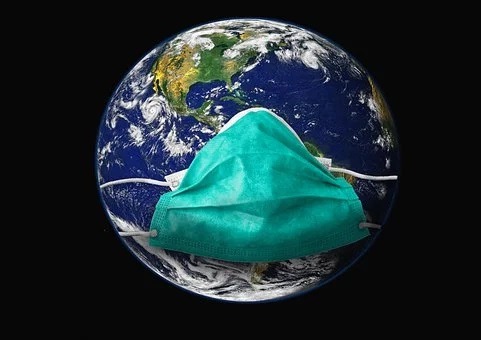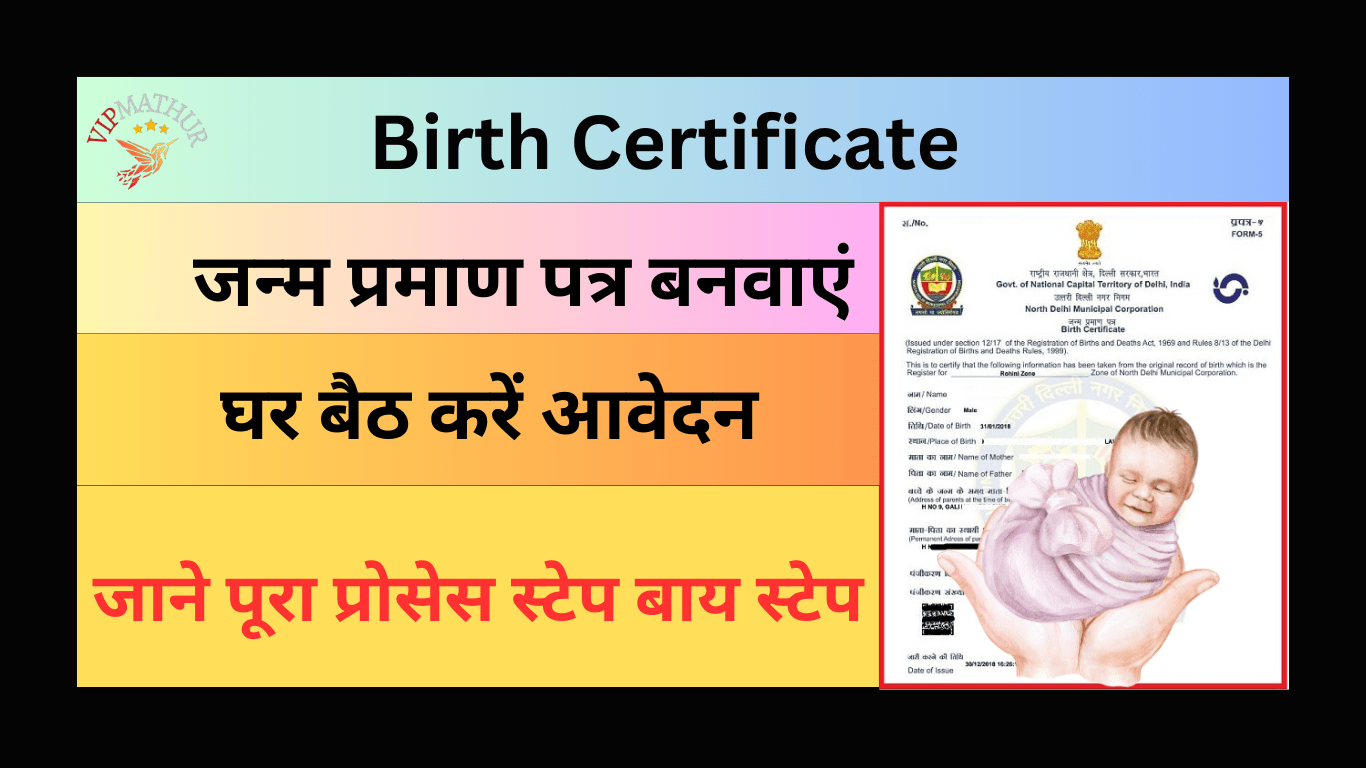Corona: India doing a quick test to meet the testing target
Prime Minister Narendra Modi has set a target of doing 10 lakh tests daily in the next few weeks so that India, which has been included in the countries worst affected by Coronavirus, can be saved from this epidemic. But, can they achieve this target, and are the tests being conducted reliably?
How much testing is happening in India at the moment?
Corona: India doing a quick test to meet the testing target -> At the beginning of August, about 5 lakh tests were being conducted daily in India at an average of one week. The data has been given by the international comparison site Our World in Data.
The figures released daily by the Government of India are slightly more than this. This is a large figure, but it should be seen in the context of India’s population.
Every day, about 36 tests are being done on every 1 lakh people in India. In contrast to this, this figure is 69 in South Africa, 8 in Pakistan, and 192 for the United Kingdom.
Prime Minister Modi’s ambition is to double this figure so that 10 lakh tests can be done every day. India’s population is more than 1.3 billion.
What type of test kits is being used in India?
Increasing testing in the war with the Coronavirus is an important link, but experts are expressing concern about the kind of testing that is taking place.
The most common PCR (polymerase chain reaction) test in the whole world. In this, genetic material is separated by a swab sample.
Chemicals are used to remove proteins and fats from genetic material, and samples are kept for machine analysis.
They are seen as the gold standard of testing, but they are the most expensive in India and it takes up to eight hours to process testing. It may take up to a day for the results to arrive. It also depends on the time taken to transport the samples to the labs.
To increase their testing capacity, Indian authorities insisted on using cheap and quick results. These are called rapid antigen tests. These are called diagnostic or rapid tests worldwide.
These tests separate proteins, called antigens. You can get results in 15 to 20 minutes.
However, these tests are less reliable. In some cases, their accuracy rate is 50 percent. They are basically used in virus hotspots and healthcare settings.
It is important to know that these tests only tell if you are currently infected or not. These antibodies are different from tests in which it is known that you were not infected earlier.
Indian Council of Medical Research (ICMR), India’s medical research body, has approved three antigen tests developed in South Korea, India, and Belgium.
However, one of these has been independently tested by ICMR and AIIMS. It was revealed in this investigation that their accuracy is between 50 and 84 percent to give the right negative result.
K Srinath Reddy, a professor at the Public Health Foundation of India, says, “More than half of the cases actually infected with the antigen test will not be known.”
There can be many reasons for this. These include reasons such as lack of swob sample, viral load of person, and quality of testing kit.
The ICMR had issued guidelines in this regard, stating that the result of one’s antigen test is negative, and if it is showing symptoms, then it should also undergo a PCR test to rule out the possibility of an incorrect negative result. Could.
Are the cases of corona in the states of India undetected?
Many states that decide their own testing protocols are increasingly adopting rapid antigen tests.
The ICMR has announced on August 4 that up to 30 percent of the total tests to be conducted in the country are antigen tests.
Delhi was the first state in this matter. In June, Delhi started antigen tests. Other states also followed Delhi in this. Delhi started doing these tests from 18 June. However, no data is available until 29 June. We have looked at the data from 29 June to 28 July. It has been revealed from these that Delhi has done a total of 5,97,590 tests. 63 percent of these were antigen tests.
However, the available data shows that less than 1 percent of the people who have come negative in the antigen test have their PCR test done. Also, 18 percent of those who did this test turned out to be positive. In recent weeks, there has been a decline in the number of cases of infections registered in Delhi, but experts say that this could also be because many cases are not known.
Officials are now asking testing centers to do more PCR tests. However, data shows that more than 50 percent of the tests being conducted are still antigen tests. This is when the Delhi High Court has ordered that these tests should be conducted only in hotspots and healthcare settings.
Karnataka started conducting antigen tests in July. The aim of the state government is to conduct 35,000 tests daily in all its 30 districts. However, this target has not been met yet, but the number of antigen tests has increased and the number of PCR tests has decreased.
Maharashtra, the worst affected in India, first started the antigen test in Mumbai. The city’s municipality has reported that 65 percent of people with symptoms of Kovid-19 who were found to be negative in antigen tests, had positive PCR tests.
Public Health Expert Dr. Anupam Singh says that there are some benefits of the rapid tests. They say, “This speeds up the process of detecting infection.”
But, they also raise some concerns about this strategy. It is a worry of many infected people not being detected.
In such a situation, going on rapid antigen testing may fulfill the performance targets and also meet the demand of more testing people, but it runs the risk of failing to detect the true reality of the virus outbreak. For this, it is important that PCR testing is also done continuously.
also, read -> UAE IPL 2020 full schedule







